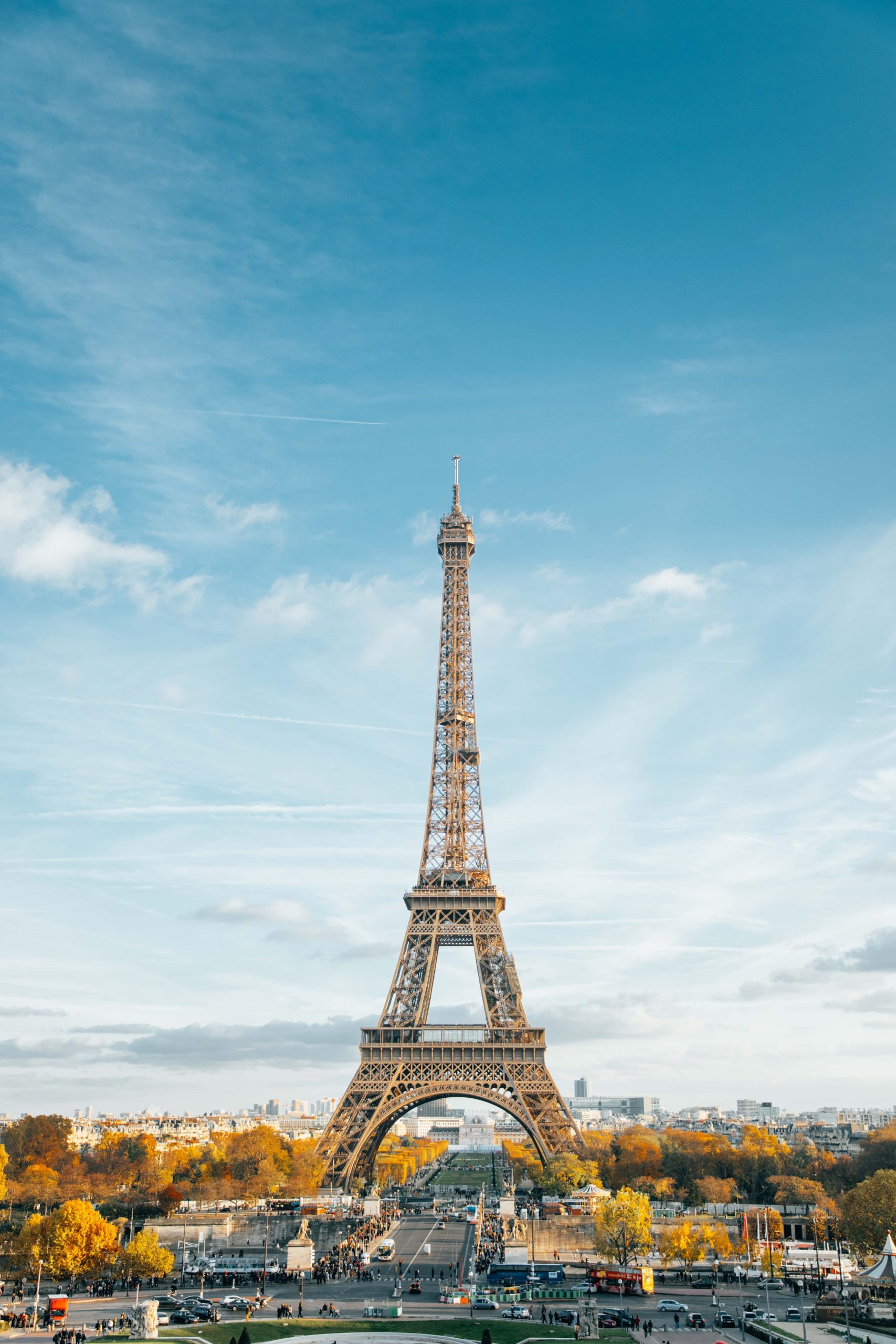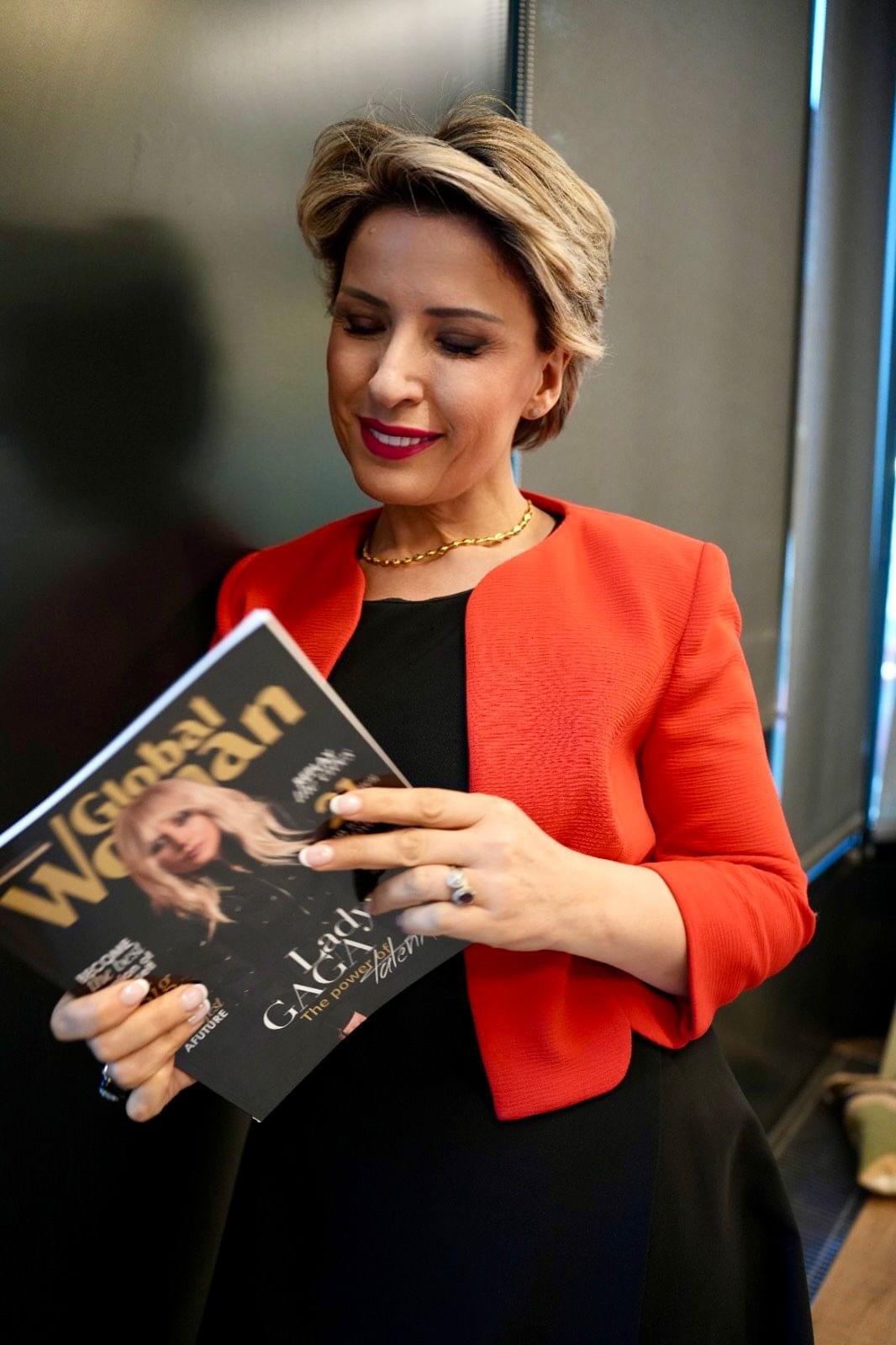Dr Ervin Laszlo – There is hope for humanity on this planet
I met Ervin Laszlo one evening, after a long day for him. Ervin had been speaking at a conference in Brescia and I thought he may be tired, but for more than two hours we kept talking and sharing our views about the Universe, consciousness, the world, people and the planet. It was a hugely inspiring evening, where together with his beautiful wife, Carita, and loyal assistant Maria, we also enjoyed the fantastic view of the countryside in Italy.
It couldn’t be a better place to talk about the planet and the way that we need to change in order to have a hope for the future. In this interview you can read more and understand the underlying issues and the need to better understand our own subconscious.
By Mirela Sula
In your life you have gained a lot of fame and respect as a writer, scientist and philosopher. Did your career develop in the way you had planned and expected it to be or was it full of unexpected surprises?
I had never expected to become a writer, scientist or philosopher. I and everyone around me thought I would be a concert pianist, and only that.
You are the author of 85 books which are known and translated all over the world – is this part of your mission in life? (i.e. to be a great communicator?)
I do not write books in order to write them, only because I have something to say that calls for expressing it in a book. Mostly, the books come about by themselves, I never start writing them on purpose. Just one idea after another – it is a spontaneous process. I don’t want to be a great communicator, I just want to understand things and share my understanding.
The direction of your life changed when you transitioned from being a famous pianist to becoming a writer and speaker. Did you come to see this as your prime mission in life?
Never had an idea about having a mission in life. I have been and still am extremely self-centred. I did what I did because I wanted to do them. I wanted to know about things, and pursued the questions as best I could. If the answers I came across prove to be helpful and meaningful for others, so much the better. Happy to put them at disposal.
Who are the people who have influenced your life the most?
Initially it was a book by Alfred North Whitehead, Process and Reality. Then a colleague and disciple of Whitehead, F.S.C. Northrop. And shorter after that the system-theorist biologist Ludwig von Bertalanffy, followed by physicist and evolutionary thinker Ilya Prigogine.
It is enough to have a good idea of what would happen if we fail to change – and what would be the kind of changes and developments that would have to come about if we are to create a more positive, “sustainable” future.
How have you managed to retain such a strong marriage with Carita when you have had busy schedules and so much world business travel?
Carita is a person with whom a relationship was and is as natural as breathing. Never occurred to me to be anything different than close.
After so many years together how do you now view the journey of your life together when you look back over the past?
Our life together has been a life of quiet understanding and mutual contribution. I am afraid that she has contributed more to me than I to her. But the quiet and consistent understanding has been there and it still is.
How would describe your role as a father? What do you think have been your major impacts on your sons’ life?
Being so centred on pursuing my own aims and interest, I am afraid I have not been a very attentive father. A loving father, yes, but too withdrawn to be really a good father. I enjoyed being with my sons when I could begin to have interesting conversations with them. Perhaps these conversations, and then their awakened interest in my work, have been the major influences on their life. I did not attempt to influence them – they influenced themselves through their relationship with me.
One of your main interests has always been in quantum physics – what made you get involved in this field? And how has the scientific view of quantum physics changed over the years to where it is now?
I am not interested in quantum physics as such, only in what it tells me about the fundamental nature of the world. I always disregarded the technical side of quantum physics, how the scientists arrived at their conclusions. I was, and still am, interested only in their findings – their conclusions about what there is in the world, and how there is.
In twenty years either we will be near to, or in the midst of, a global collapse with a significant portion of humanity becoming extinct, or there will be a strong and definite change in our values and projects!
You have also been writing a book about consciousness – can you tell us a bit more about it? And why is consciousness, in your view, such an important and relevant topic in today’s world?
This is another aspect of my self-centred interests. I realise that everything I know is part of my consciousness. I see the world only through my consciousness. The question that has always intrigued me is, is there anything in the world beyond my consciousness of it? Of course, common-sense tells me that there is.
But how can I tell? And again – what is consciousness really? Just something that happens in my head, or is it part of the reality of the world independently of me? I have come to believe that the latter is the case, and I want to find out what that “natural” consciousness is “in itself.” Especially, whether it survives my brain and body. I suspect that it does.
In your opinion what has changed most in the world over the last twenty years? What is of most concern? And what is there to be most excited about?
Well over twenty years ago I have become aware that the world is heading toward collapse – this was through my contact and then collaboration with the Club of Rome. At that time the Club of Rome and then the sister Club of Budapest were rather like voices in the wilderness, crying out to change course, or there will be trouble. Now this recognition is spreading in the world. The current Encyclical of Pope Francis is the most recent and perhaps most striking and impactful expression of this change. I consider it extremely welcome – a last-minute indication that there is hope for humanity on this planet.
How would you predict the world will change over the next twenty years?
How the world will change cannot be predicted, with too many “tipping points” in the process. But it also need not be predicted. It is enough to have a good idea of what would happen if we fail to change – and what would be the kind of changes and developments that would have to come about if we are to create a more positive, “sustainable” future.
My answer to your question is succinct: in twenty years either we will be near to, or in the midst of, a global collapse with a significant portion of humanity becoming extinct, or there will be a strong and definite change in our values and projects, moving from “this is good for me now” without much regard for others and the long term, to “this is good for the world in the foreseeable future, and so it is also good for me – and for those who come after me.”
What do you think is the single most important world problem that mankind needs to be tackling today?
I think there are two such “most important” problems – the sustainability of the environment, and the sustainability of human societies. We are headed toward a decisive conflict both with nature and with each other, particularly as the former threat creates conscious and also subconscious tensions and stresses that exacerbate the latter.
What would you like to leave as your main legacy for future generations to remember you by?
The vision of the world I have come to believe is, if not the eternally true and unchangeable vision, at least more true and lasting than the one that is dominant today. I call the new vision the “new paradigm” – a paradigm of interconnection, inter-existing, and co-evolution in nature as well as in society.
Dr. Laszlo is generally recognized as the founder of systems philosophy and general evolution theory. His work in recent years has centered on the formulation and development of the “Akashic Paradigm,” the new conception of cosmos, life and consciousness emerging at the forefront of the contemporary sciences.
He serves as President of the Club of Budapest, Chairman of the Ervin Laszlo Center for Advanced Study, Chancellor of the Giordano Bruno New-Paradigm University, and Editor of World Futures: The Journal of New Paradigm Research. Twice nominated for the Nobel Peace Prize (2004, 2005) and the recipient of the Goi Peace prize (2001). He has authored more than 70 books, which have been translated into twenty languages, and has published in excess of four hundred articles and research papers, including six volumes of piano recordings.







